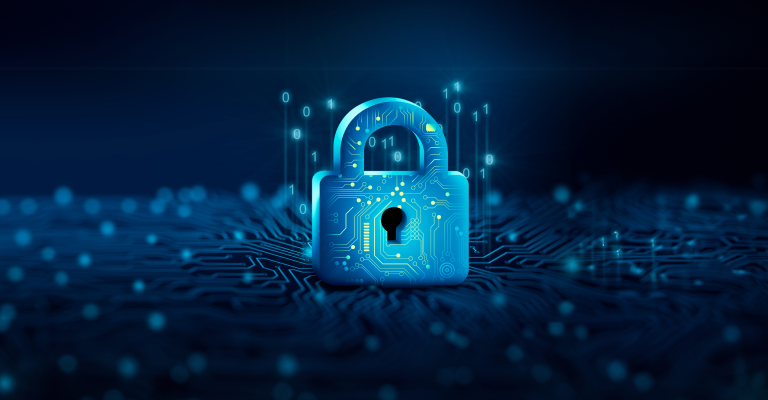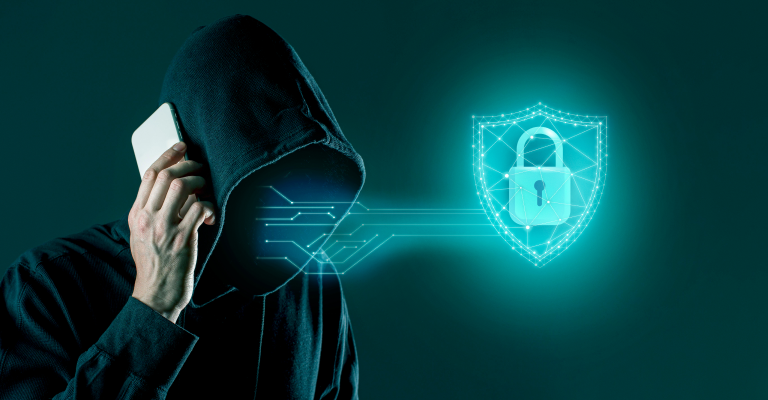Future of decentralized identifiers management is undergoing a significant transformation with the emergence of Decentralized Identifiers (DID). Decentralized Identifiers have paved the way for a more secure, user-centric approach to managing digital identities. This article delves into the future of DID and explores how EveryCRED is revolutionizing credential control in the decentralized identity space.
Elucidate Decentralized Identifiers (DID)
Decentralized Identifiers, commonly referred to as DIDs, are a new type of identifier that enables verifiable, self-sovereign digital identities. Unlike traditional identifiers issued and controlled by central authorities, DIDs are decentralized and under the control of individual users. By using cryptographic keys, DIDs allow users to prove ownership and control of their digital identities without relying on intermediaries.
How Fast-Pacing is the Future of Decentralized Identifiers
The future of Decentralized Identifiers is fast-paced and dynamic. With the increasing need for privacy and security in the digital realm, User-centric identities are gaining traction across various industries. The ability to authenticate and verify identities without compromising privacy is a key driving force behind the rapid adoption of DIDs. As organizations and individuals seek more control over their digital identities, the demand for decentralized identity solutions is on the rise.
Challenges with Traditional Identity Systems/Centralized Identity:
- Security Vulnerabilities: Traditional identity systems that rely on centralized authorities are prone to security vulnerabilities. Centralized databases containing sensitive user information become attractive targets for hackers and malicious actors. Data breaches can lead to identity theft, financial fraud, and unauthorized access to personal information.
- Single Point of Failure: Centralized identity systems rely on a single point of failure. If the central authority or database is compromised or experiences a technical failure, it can result in a complete breakdown of the identity system, causing inconvenience and potential harm to users.
- Lack of User Control: In centralized identity systems, users have limited control over their personal data. They must rely on third-party organizations to manage and protect their identity information. This lack of control raises concerns about privacy, as users have little visibility into how their data is being used and shared.
- Privacy Concerns: Centralized identity systems often collect and store large amounts of user data, creating privacy concerns. Users may be uncomfortable with the collection and potential misuse of their personal information by centralized authorities or third-party organizations.
- Inefficient Identity Verification: Traditional identity systems can be inefficient when it comes to identity verification processes. Users are typically required to provide multiple documents and undergo time-consuming verification procedures, leading to delays and inconvenience.
- Limited Interoperability: Centralized identity systems are often siloed and lack interoperability. This means that users need to create separate identities and credentials for different services or platforms, resulting in fragmentation and reduced user experience.
- Lack of Trust: Centralized identity systems may face challenges in building trust among users. Users may be skeptical about the security and privacy practices of centralized authorities, leading to a lack of confidence in the system.
- Cost and Maintenance: Building and maintaining centralized identity systems can be costly for organizations. It requires significant investments in infrastructure, security measures, and compliance with regulatory frameworks.
Why Credentials should be Decentralized in the Coming Times
Enhanced Security:
Decentralizing credentials is the Future of DID and reduces the risk of data breaches and unauthorized access. In a decentralized system, credentials are stored securely using cryptographic techniques, making it significantly harder for malicious actors to compromise or forge credentials. This enhances the overall security of individuals’ digital identities.
User-Controlled Data:
Decentralized credentials empower individuals with control over their personal data. Users have the authority to grant or revoke access to their credentials, ensuring that their sensitive information is only shared on a need-to-know basis. This shift of control from centralized authorities to users promotes privacy and gives individuals autonomy over their own digital identities.
Mitigation of Identity Fraud:
Traditional centralized credential systems are vulnerable to identity fraud, as they rely on centralized databases that can be targeted by hackers. Decentralized credentials, on the other hand, leverage cryptographic verification and distributed ledger technologies to ensure the authenticity and integrity of credentials. This helps mitigate identity fraud by making it significantly more difficult to tamper with or forge credentials.
Interoperability and Portability:
Decentralized credentials promote interoperability and portability across different platforms and services. Users can carry their credentials seamlessly across various applications without the need for separate identities or duplicative verification processes. This streamlines user experience, reduces friction, and enables efficient and trusted interactions in the digital ecosystem.
Trust and Transparency:
Decentralized credentials can enhance trust and transparency in identity management. By leveraging distributed ledger technologies like blockchain, credential issuers, verifiers, and users can have transparency into the entire lifecycle of a credential, from issuance to verification. This transparency builds trust among participants and ensures the integrity and authenticity of credentials.
Resilience and Redundancy:
Decentralized credential systems offer increased resilience and redundancy. Unlike centralized systems that rely on a single point of failure, decentralized systems distribute credentials across multiple nodes and participants. This makes the system more robust and resistant to attacks or technical failures, ensuring the availability and accessibility of credentials.
Why EveryCRED is the Best Credential Control Platform
We stands out as a leading credential control platform that empowers users with complete control over their digital identities. With EveryCRED, users can securely manage and share their credentials without compromising privacy or security. The platform’s user-centric approach ensures that individuals have the authority to grant or revoke access to their personal information as needed. EveryCRED’s innovative features and robust security measures make it a trusted choice for organizations and individuals seeking to adopt decentralized identity solutions.
Applications of Decentralized Identity
Decentralized Identity (DID) offers a future where individuals have complete control over their credentials. With applications spanning digital identity verification, secure access management, and privacy protection, DID empowers users to manage and share their credentials without relying on centralized authorities.
Digital Identity Management:
DID allows individuals to have more control over their digital identities, rather than relying on centralized authorities. This enables self-sovereign identity, where users can manage their own credentials, profiles, and personal data.
Secure Authentication:
DID can be used for secure authentication, where users can prove their identity without exposing sensitive information. This is particularly useful for passwordless login, access control, and verifying claims about oneself.
Trusted Data Sharing:
DID enables the secure and permissioned sharing of personal data, such as medical records, financial information, or educational credentials. Users can selectively share data with only the parties they trust.
Supply Chain Traceability:
DID can be used to track the provenance and authenticity of products, components, or assets throughout the supply chain. This improves transparency and helps combat counterfeiting.
Decentralized Credentials:
DID supports the creation and verification of digital credentials, such as educational certificates, professional licenses, or government-issued IDs. These credentials can be portable and tamper-resistant.
Decentralized Access Control:
DID can be used to manage access control in decentralized systems, where users can grant or revoke access to their resources or services based on their own policies.
Decentralized Governance:
DID can enable decentralized decision-making and governance in various domains, such as community-based organizations, non-profit initiatives, or decentralized autonomous organizations (DAOs).
Decentralized Voting and Elections:
DID can play a role in secure and transparent voting systems, where voters can anonymously cast their ballots and have their identities verified without compromising privacy.
Decentralized Finance (DeFi):
DID can be integrated into DeFi applications, enabling identity-based transactions, credit scoring, and access control to financial services.
Decentralized Social Identity:
DID can be used to build decentralized social networks and platforms where users have more control over their personal data and online reputation.
Conclusion on EveryCRED as a DID Platform
EveryCRED exemplifies the future of Decentralized Identifiers by offering a comprehensive and user-centric approach to Digital identity solution and credential control. By embracing EveryCRED as a DID platform, organizations and individuals can harness the power of decentralized identities to enhance security, privacy, and trust in the digital realm.
With EveryCRED, users can navigate the evolving landscape of digital identities with confidence and assurance, knowing that their credentials are under their full control and protection. Embrace the future of DID with EveryCRED and experience a new era of secure and transparent identity management.

 19th June, 2024
19th June, 2024 



